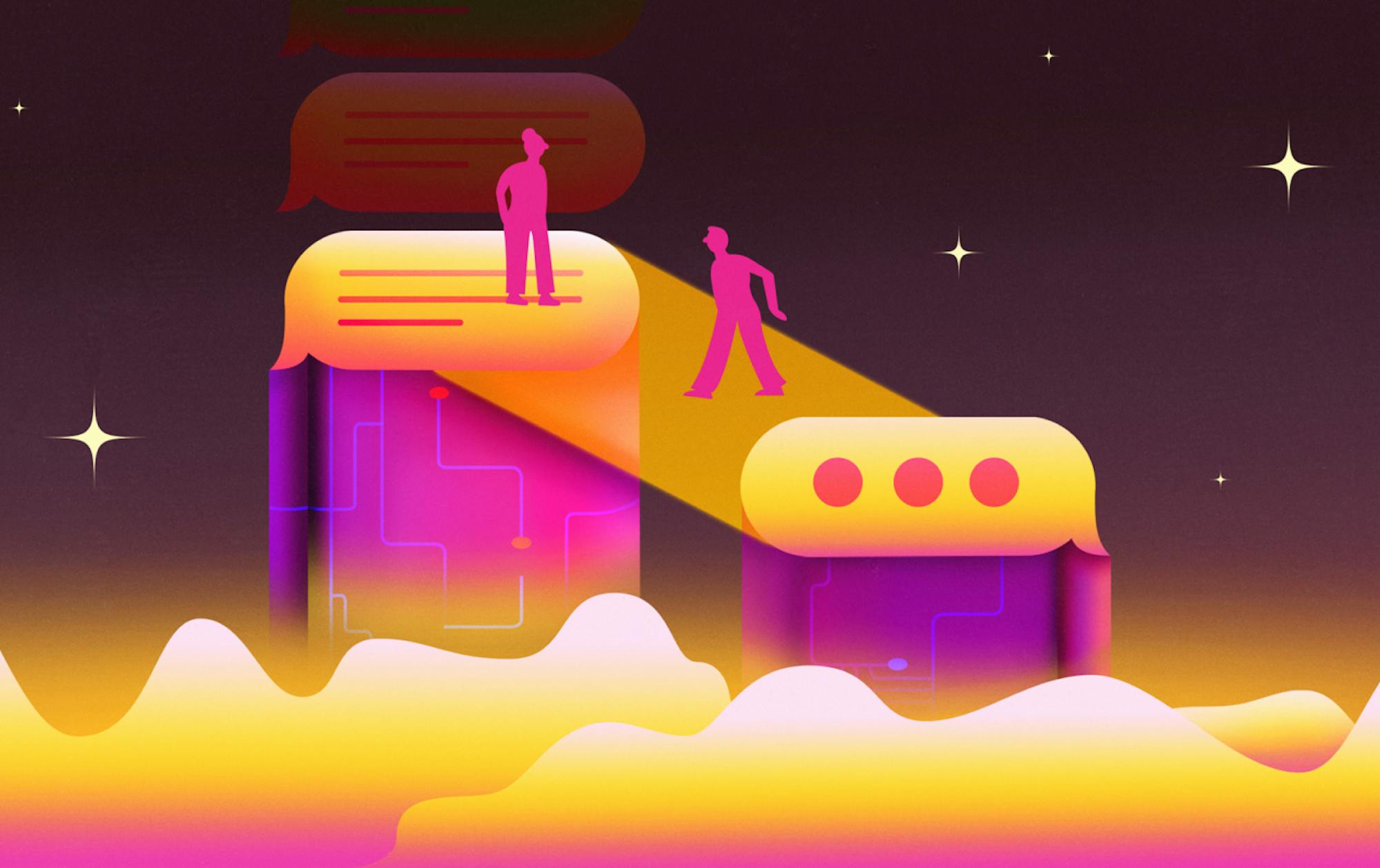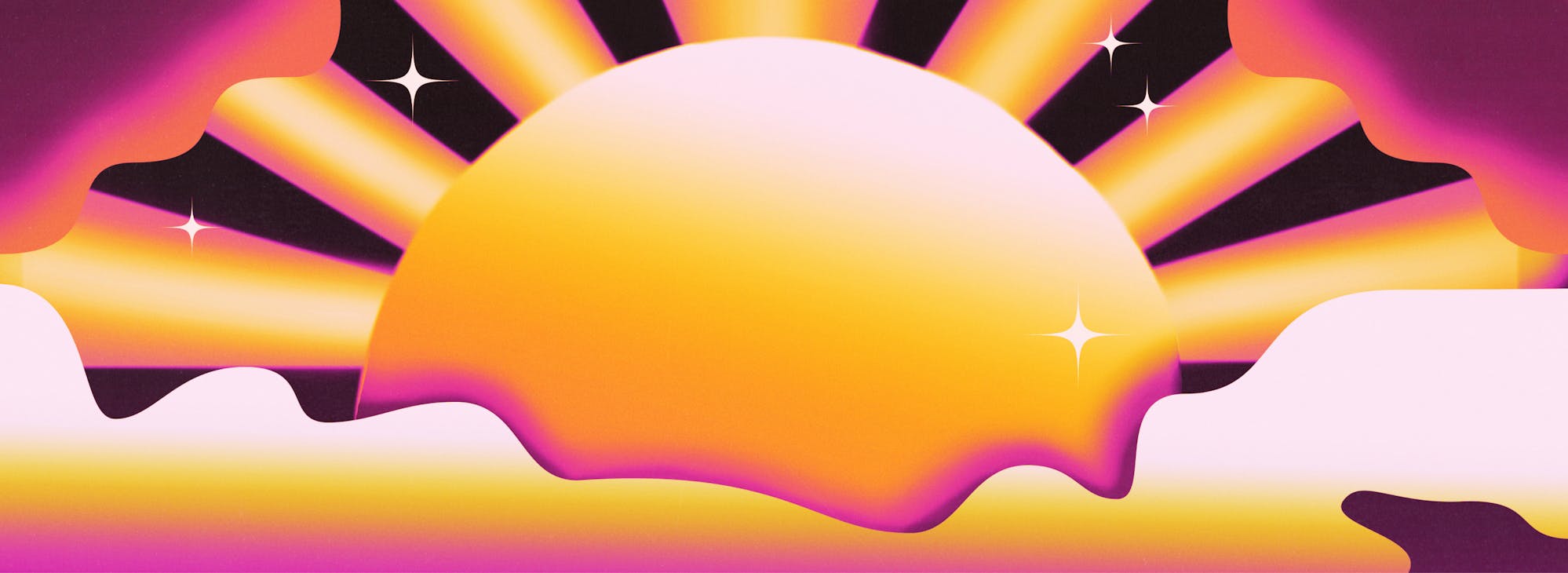1 in 2
While 1 in 2 Gen Z respondents acknowledged that society plays a role in their wellness today, 80% said that society will be the main element that impacts their wellness in 2030.
%
said that their future causes them the most anxiety today, and 67% said they believe that climate change will cause them the most anxiety in the future.

Anne Ning
22, Illinois
A slight majority projected that dietary habits will be changing in the future, reflecting and growing current health and environmental trends.
By 2030...

%
predicted that people will only consume food from environmentally conscious companies
%
predicted that people will eat more organic food
%
predicted that people will eat less meat

Despite being digitally native, many Gen Z respondents showed that they take seriously the mental health effects of being online and anticipate a continued need to mitigate them. 6 in 10 said they expect that in 2030, intentionally decreasing time on social media will be commonplace.
Noah Jefferson
18, New York
%
Overall, the majority of Gen Z respondents seemed to accept the idea that everyone needs to take care of their mental wellbeing. 64% said that going to therapy will be more common in 2030. 3 in 10 even said they believe that everyone will be going to therapy by then, treating it like going to any other kind of doctor.

6 in 10
Further, 6 in 10 said they expect all workplaces and schools to have on-staff mental health counsellors by 2030.

Young Meme Makers Are Redefining What it Means to Be an Introvert
FULL ARTICLE ON VICE.COM
Overall, Gen Z respondents appeared serious about healthcare accessibility, but only moderately optimistic for the future:
%
said they think universal healthcare is a good idea.
%
said they expect to have universal healthcare by 2030.

Nora Alamiri
21, Pennsylvania
Religious identification in the U.S. has been dropping over the last few generations. And while there are no solid numbers regarding Gen Z’s religiousness at this point, Pew Research found that more than a third of young Millennials in the U.S. identify as having no religion. Despite that trend, Gen Z respondents showed a belief that it’s important to be spiritually fulfilled, and an interest in looking for guidance.
%
said they are searching for spirituality outside of organized religion, while 87% said that taking care of their soul is important to them.
(Spirituality, US + UK, VICE Voices 2018)
